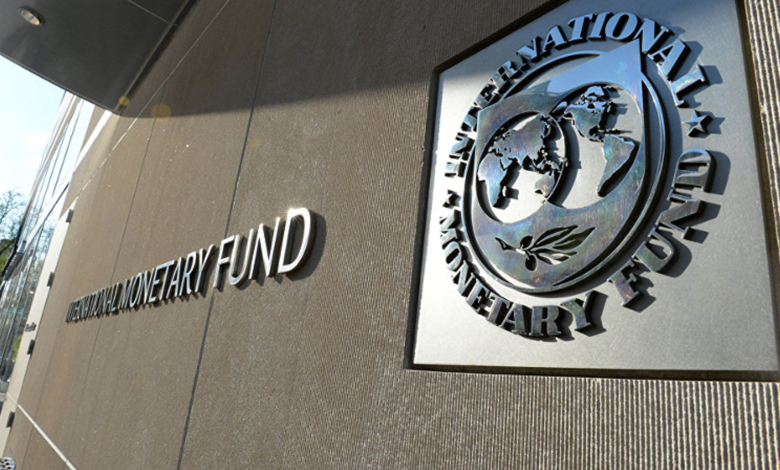
Foreign policy priorities in question following IMF delay
Foreign policy priorities in question following IMF delay The International Monetary Fund’s (IMF) decision to delay the approval of Pakistan’s $7 billion bailout package has raised questions about the country’s foreign policy direction and undermined the credibility of its policymakers.
The IMF board’s meeting was contingent on Pakistan providing credible assurances for meeting the $26.4 billion external debt repayment requirements for the fiscal year. However, the government failed to secure these assurances in time, according to officials.

The government had been negotiating for a condition-free rollover of $5 billion in Saudi debt, while China, which holds the key to rolling over $7.9 billion in cash deposits and commercial loans, also had its own concerns.
Pakistan had hoped to receive IMF approval for the $7 billion Extended Fund Facility (EFF) on August 30th. Although a staff-level agreement was reached last month, it was contingent on filling the financing gap through bilateral and multilateral creditors.
A senior Finance Ministry official revealed that the IMF board would not review Pakistan’s case on August 30 due to the unresolved $2 billion financing gap and delays in the rollover of a significant portion of the $12 billion in cash deposits. Additionally, $3.9 billion in Chinese commercial bank loans were not rolled over. So far, only the United Arab Emirates (UAE) has rolled over $1 billion in cash deposits.
State Bank of Pakistan (SBP) Governor Jameel Ahmad stated last week that Pakistan’s external debt repayment needs for the fiscal year amount to $26.4 billion, including $16.4 billion in rollovers of cash deposits and foreign commercial loans.
In early August, The Express Tribune learned that the IMF had postponed approval of Pakistan’s bailout package to September. Finance Minister Muhammad Aurangzeb initially denied any delay, asserting that the IMF board would approve the program by the end of August. He later indicated progress towards securing IMF approval in September, though the IMF had not yet set a specific date for the approval.
The coalition government had made several unpopular decisions to secure the $7 billion three-year program, including imposing a record Rs1.8 trillion in new taxes and increasing electricity prices by up to 51%. The government had also hoped for U.S. support in securing the program.
This latest development has cast doubt on Pakistan’s foreign policy priorities and the credibility of its policymakers. Despite leaning towards the West in hopes of a favorable IMF bailout, the country still faces significant reliance on Chinese support.
Sources indicate that each bilateral creditor has its own issues to address, leaving Pakistan caught in the middle. Reliance on U.S. support for the IMF package has not produced the expected results.
U.S. Assistant Secretary of State for South Asia, Donald Lu, recently noted that Chinese investment in Pakistan is a thing of the past. Despite this shift towards the West, Pakistan still needs Chinese support to stay financially afloat.
The Finance Ministry reported that for fiscal year 2024-25, the federal government’s estimated gross financing needs are Rs32 trillion, including foreign debt repayments. This figure excludes central bank-related obligations.
The Finance Ministry’s borrowing plan heavily depends on the timely approval of the IMF program and the willingness of China to roll over nearly $7.9 billion in debt, consisting of $4 billion in cash deposits and $3.9 billion in foreign commercial loans.
The central bank’s debt totals $8.8 billion or Rs2.6 trillion. This includes $3.7 billion owed to the UAE, $4.2 billion in Chinese trade finance facilities, and $900 million in maturing IMF debt. These obligations are set to mature within the fiscal year, presenting a significant challenge for the finance minister.
Securing timely rollovers of foreign loans appears increasingly difficult, especially as the government works to mend its economic relationship with China, which has provided $4 billion in cash deposits, $3.9 billion in foreign commercial loans, and $4.2 billion in trade finance facilities.
The Finance Ministry plans to roll over bilateral deposits from China and Saudi Arabia, but did not address the UAE debt, which is recorded on the central bank’s balance sheet.






